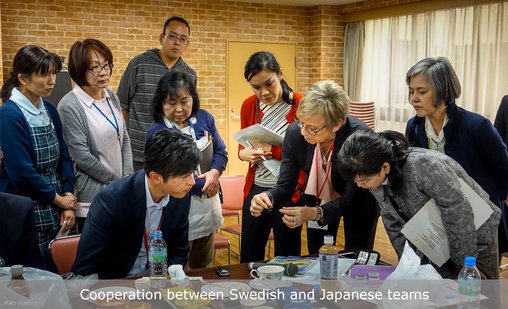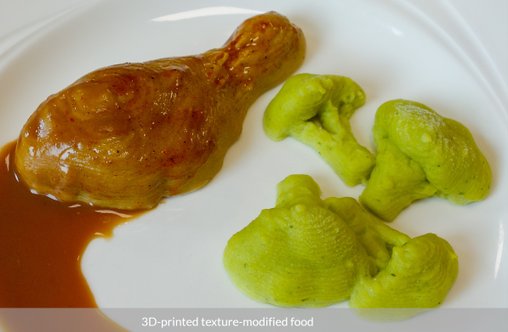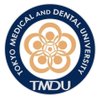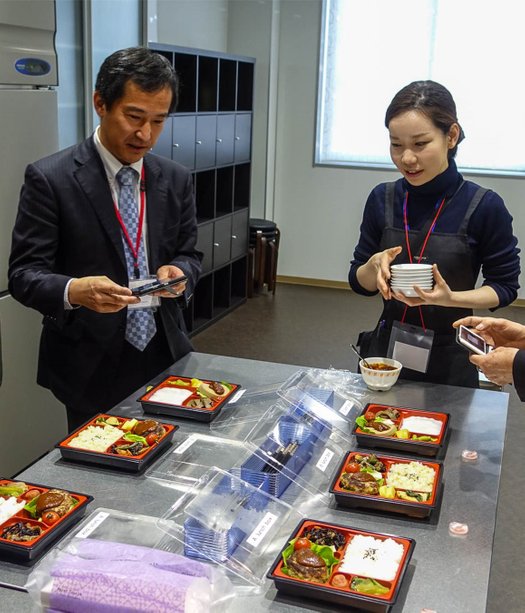Innovative solutions for senior independence
The project GoIndependent brings Swedish and Japanese scientists together to develop energy rich and nutritious food which is succulent, pleasant and safe to chew swallow, as well as food that retains the oral functions. This is combined with exercise programs and sensor technology to give independence for seniors.
The population is aging
In Sweden over 20% are over 65 years.
In Japan this figure is already 30%.
Age related frailty is a serious threat to independent living and social participation of senior citizens. A main cause is lack of proper food intake, i.e. sufficient energy as well as nutrients, generally referred to as “anorexia of aging” as well as lack of exercise. This leads to malnutrition which in turn leads to weight loss, frailty and finally to nursing homes, hospitalization, disabilities or even death.
It is estimated that the care costs for malnutrition in Sweden alone are 9 billion SEK/year. Problems with impaired senses of taste and smell, difficulties swallowing as well as sociological factors, lack of exercise and depression are among the contributing factors. A further contributing factor, especially in Japan, is poor oral functions.
Outcome
- An intervention program to prevent oral frailty
(chewing problems) mainly for Japan
Japanese seniors meet twice per week for ten weeks to exercise, eat together and get information. This program was proven to considerably strengthen oral functions and general health status, and it has been implemented at community level in one hundred communities in Japan. - An intervention program to alleviate and reverse pre-frailty mainly in Sweden
Swedish seniors who had experienced balance problems or falls met twice per week for ten weeks to exercise, eat together and get information. One exercise was fall training by the Judo4Balance program and the other aimed at strength. The program was proven to increase balance, mobility and general health status. - New food for building oral strength
A “cam-cam-bento-box” was developed in Japan with chewy food to give oral strength. - New food for dysphagia management
Texture-modified food was developed using 3D-printing in Sweden to manage swallowing disorders. - An implemented and improved swallowing sensor
The non-invasive, AI-based sound sensor GOKURI was implemented in studies for determining swallowing disorders and improved to detect differences in food and beverages as well as for remote monitoring. - An implemented movement sensor to detect balance problems
An accelerometer and gyroscope based sensor was implemented to detect incipient balance problems in the intervention program.
Participants
Experts in Food and Materials Science cooperates with aroma and sensory experts from Research Institutes of Sweden to form a Swedish team together with Findus Special Foods, Natural Machines, Animato, and Helsingborg Municipality to develop new foods. Exercise programs are developed by Region Skåne together with the Swedish Judo Federation and Dalarna University.
The Japanese team consists of Tokyo Medical and Dental University and Matsumoto Dental University who are dental experts specialized in swallowing disorders, and the food company Food Care together with gerontologists from Tokyo University and sensor experts from University of Tsukuba and Plimes.
















